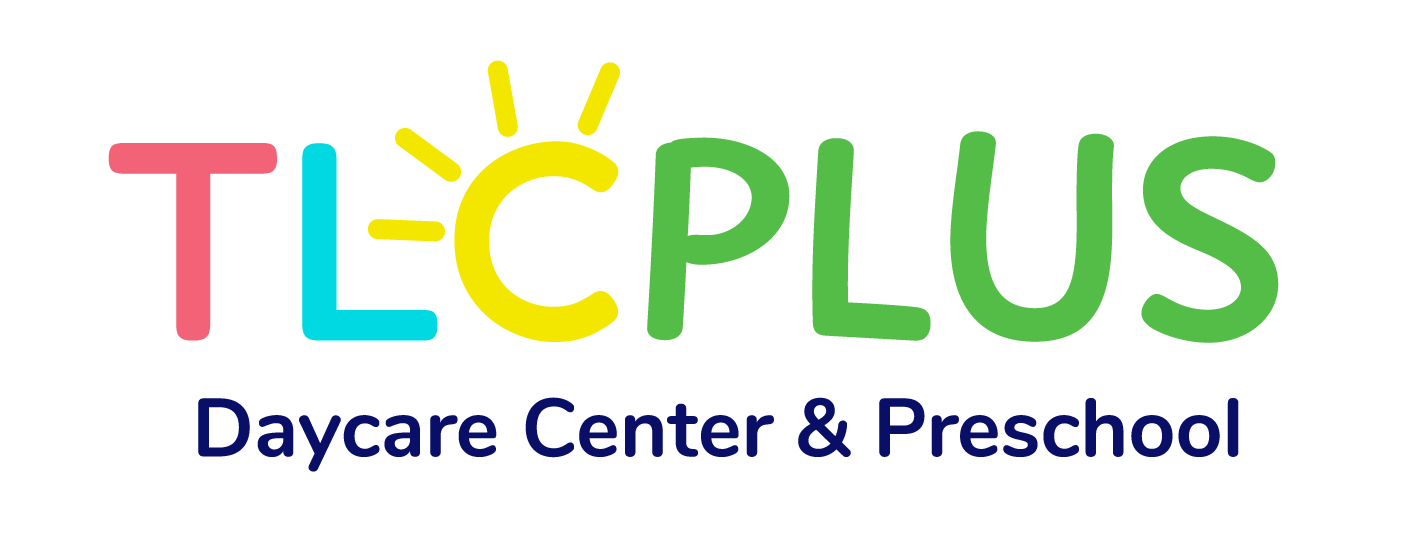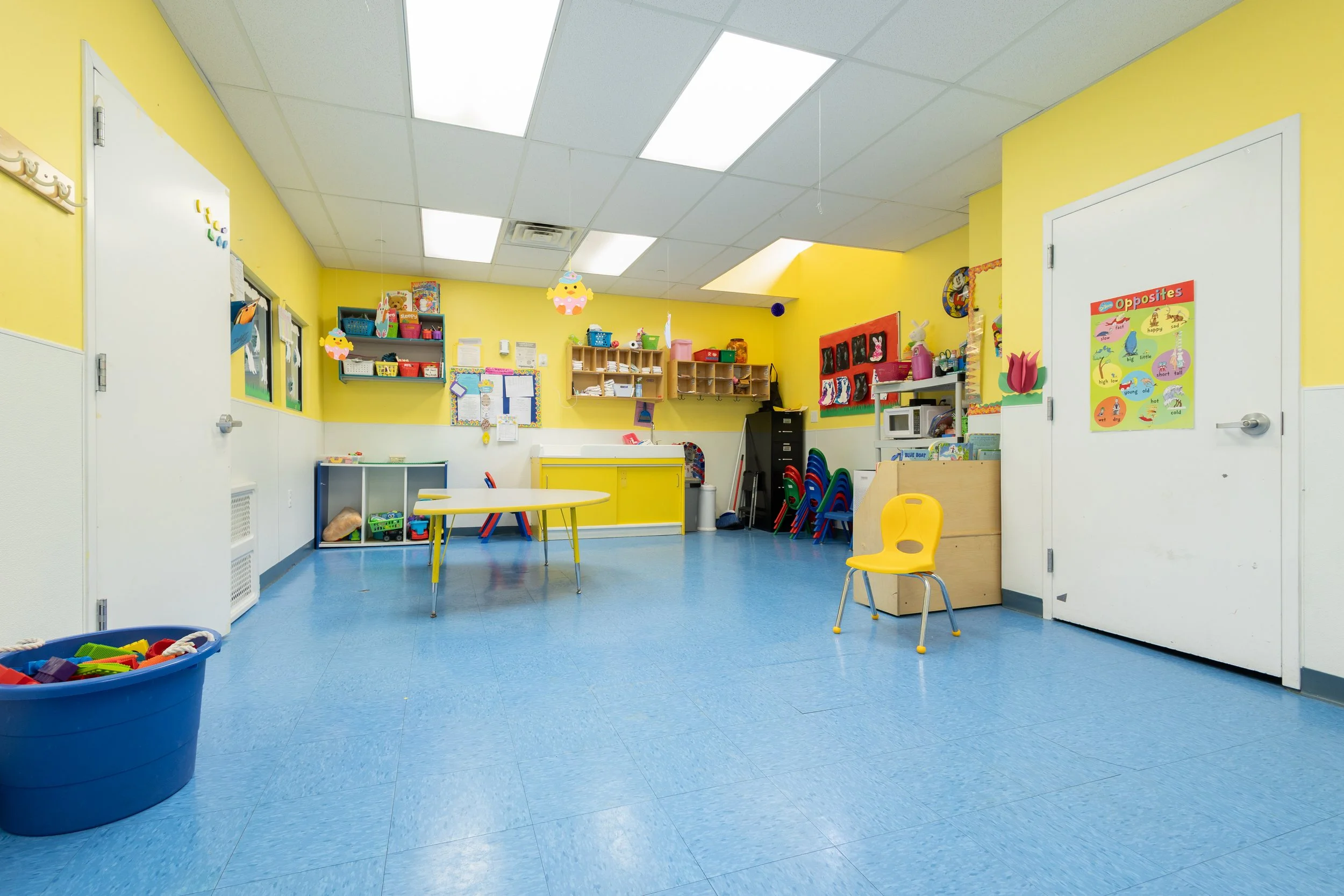Toddler Plus Program
30 - 36 months
Our Toddler Plus program at TLC is designed to foster the rapid growth and development of children between the ages of 30 to 36 months, encouraging them to engage in more advanced activities that build upon their growing skills. At this stage, children are ready for more complex challenges as they prepare for preschool and beyond. We tailor our curriculum to support each child's developmental milestones while encouraging independence, critical thinking, and social interaction.
The classroom environment is structured with center-based learning, designed to meet the developmental needs of toddlers. Each learning area is filled with age-appropriate toys, puzzles, manipulatives, and games to promote learning in the below areas:
Creative Arts and Music: At this stage, children begin exploring more complex art forms, such as working with different textures, mixing colors, and creating more detailed designs. Music becomes more interactive, as children engage in rhythmic activities, sing simple songs, and practice coordinating movement with music. Repetition continues to be key, helping children strengthen their memory and creativity.
Physical and Well-Being: Toddlers refine their gross and fine motor skills, improving balance and coordination as they engage in activities like jumping, climbing, and running. This is also the time when they begin to gain more control over their fine motor skills, such as holding a crayon properly, stacking blocks, and starting to engage in simple self-care tasks like feeding themselves and beginning to dress with assistance.
Language and Literacy: Toddlers in this age group begin to expand their vocabulary and develop more complex sentences. They engage in rich conversations with their peers and teachers, express their needs and thoughts more clearly, and are introduced to basic phonics and letter recognition. Storytelling and listening to simple stories help improve comprehension and language development, laying the groundwork for future literacy skills.
Mathematics and Science: Teachers introduce more advanced concepts such as recognizing and counting numbers beyond 10, understanding basic shapes and their properties, and comparing sizes (e.g., bigger/smaller). They engage in simple pattern recognition, sorting, and matching, which helps them build the foundation for more formal math and science learning in preschool. Curiosity about the world around them is fostered as they explore cause-and-effect relationships, such as through water play or simple experiments.
Social and Emotional Well-Being: Children in this age group are learning to navigate social interactions with more independence. They practice taking turns, sharing, and using words to express feelings and resolve conflicts. Positive reinforcement continues to play a crucial role in encouraging self-regulation and helping them understand and manage their emotions. Independence flourishes as children begin to develop a sense of self, express preferences, and feel confident in making choices.
Cognitive Skills: As cognitive skills advance, toddlers begin to engage in more focused and intentional learning. They begin to understand simple instructions and show increasing attention spans. Problem-solving becomes more sophisticated as they engage in activities that require more critical thinking and decision-making. They start to demonstrate more curiosity about the world, showing an interest in exploring objects, understanding how things work, and categorizing information.
This curriculum is designed to not only foster each child's individual growth but also prepare them for the transition to preschool.

